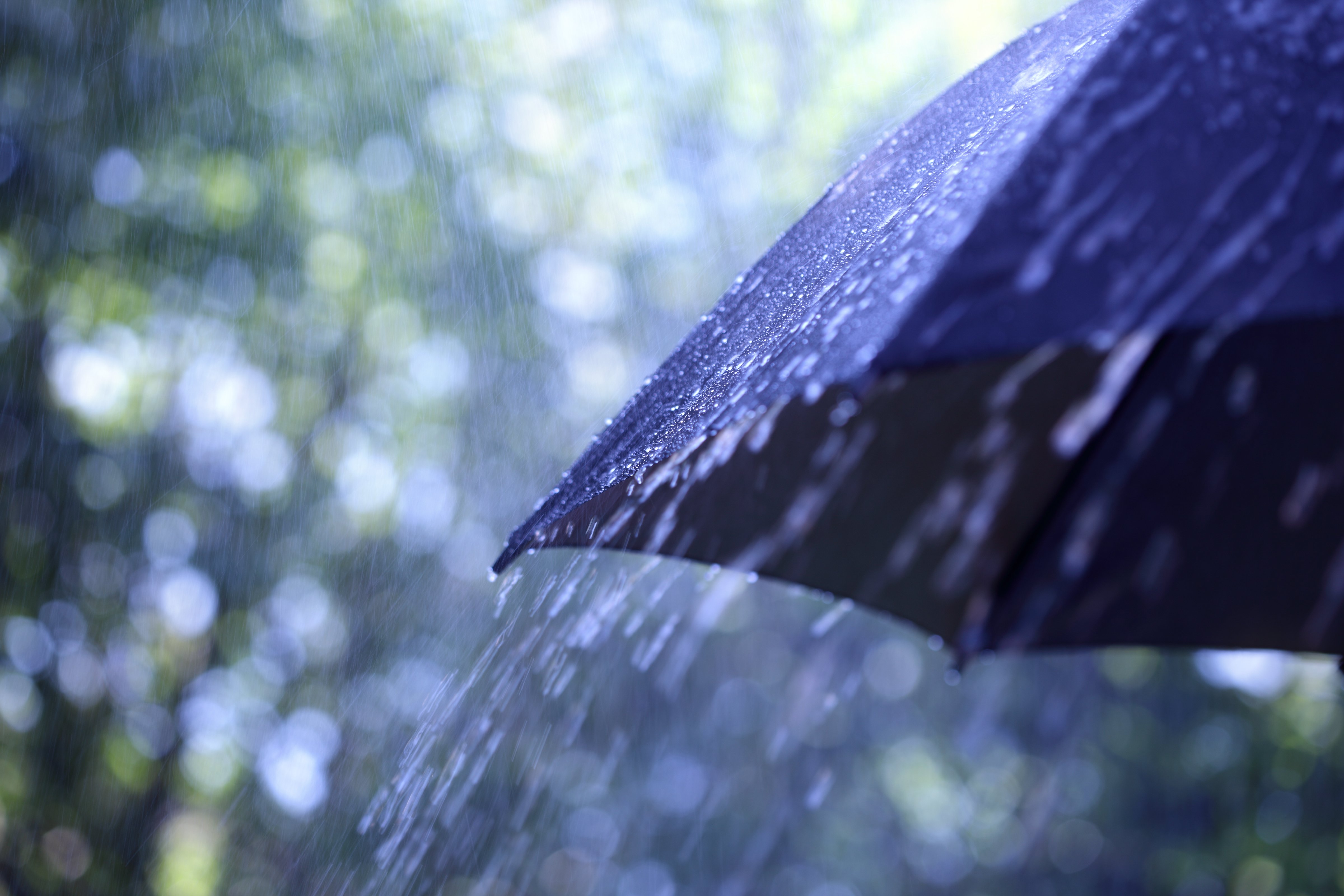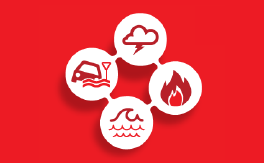Latest News
07 November 2018

“One in three Australians will face a natural disaster in their lifetime, yet most people don’t think it will happen to them” – Red Cross CEO Judy Slayter
Don’t let it be too late to prepare for a natural disaster.
We’ve heard it before. Plan ahead. We all face emergencies but only 1 in 20 Aussies have actually taken the initiative to prepare themselves, their loved ones and their belongings for a disaster (IAG, 2018). You should really be asking yourself especially at this time of the year, ‘how prepared are you?’.
So, how prepared are you?
Whether the emergency that presents is a large bushfire or as personal as a home accident, they can be devastating in ways you don’t expect. But, there are simple and practical steps you can take to protect the people you love, your own wellbeing and the things you value most. The more prepared you are for emergencies, the less stressful they become. You’re more likely to have a sense of control during the emergency and afterwards. However, only 20% of us have thought about preparing for an emergency.
An easy way to prepare is:
- Think about being in an emergency situation and how you might react. This will help you stay calmer and respond better in the case of an emergency.
- Find out where to get important disaster information, like your local radio emergency broadcaster. This means you’re better informed when an emergency happens.
- Get to know your neighbours. They’re the people who are likely to support and look out for you when an emergency happens.
What can you expect heading into summer?
October marked the start of the disaster season – when our members and community are at the greatest risk from storms, floods, bushfires and drought (IAG, 2018). As we head into summer, we can expect extreme weather that again reinforces the need for an emergency readiness plan. IAG’s meteorology specialist Dr Bruce Buckley anticipates extreme weather events on average are becoming increasingly frequent and more intense (IAG, 2018).
Reduced number of cyclones
Now, I know I just said that Dr Buckley said extreme weather events are becoming more frequent, but he brings to light that there will likely be less tropical cyclones this year than normal. Seems like good news, right? Unfortunately, this spins in a few other aspects to consider…
- No matter what, the Australian cyclone season has never had an instance where a cyclone did not cross the coast, and this is therefore unlikely to change;
- Certain regions such as north-western Australia may experience more cyclones than usual; and
- As the effects of climate change become more prevalent, extreme weather events like cyclones will likely become more intense and thus cause more damage.
El Nino's a slow simmer likely to boil
The devastation of the drought is likely to continue as we head into a period of El Nino that will prolong the dry conditions over eastern Australia.
Severe hailstorms set to impact the east and west coast
The dry conditions inland mean we could be in for recurrent thunder and hail storm activity along the NSW, QLD and WA coasts.
Ominous bushfires set to loom over Summer
Dr Buckley has maintained that forecasts indicate summer will likely be one of the hottest on record south-east Australia. Coupled with the prevailing dry conditions, this indicates we may see more days of extreme and catastrophic bushfire conditions than normal.
How can I prepare?

Get Prepared App
Get Prepared is a simple, easy-to-use app that helps people access information and tools to complete an emergency plan on their phone. It has been co-developed by IAG and the Australian Red Cross to help Australians better prepare themselves for unexpected events and emergencies.
Key Features
- Keeps your emergency plan close at hand on your mobile
- Helps you to store key contacts and emergency actions all in one place, ready whenever you need it.
- Helps you do simple things to make you safer. That could be creating a quick support network, completing tasks tailored to you, setting reminders for important things, or sharing your plan with loved ones.
- It also gives you step by step instructions to prepare your mind, get in the know, get connected, get organised and get packing.
And don’t forget, another way to make sure you’re prepared by checking that your insurance is up to date. The last thing you want to worry about in the event of an emergency is being underinsured. Contact us on 1300 36 1066 or visit your nearest Coastline store to check your insurance policy.



